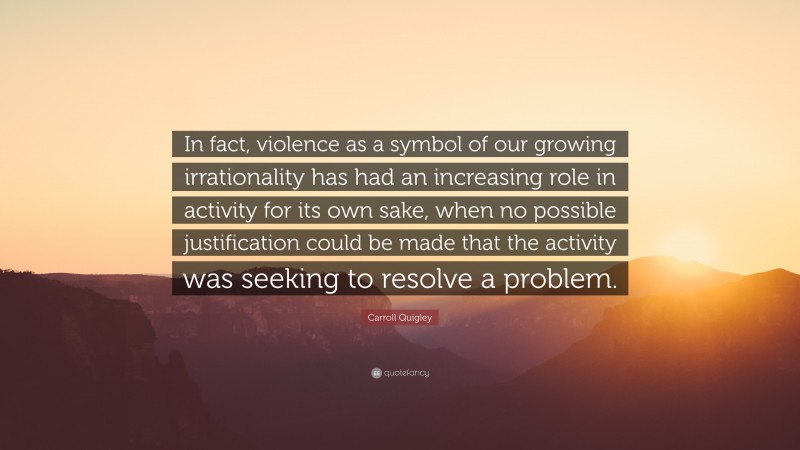

Among other things, this involves greater attention to pathways whereby direct climate impacts might interact with social, economic, and political factors to threaten societal collapse. First, we suggest that more scientific effort be devoted to studying socio-climate feedback and exogenous shock vulnerability climate collapse mechanisms. Given the above, we offer two recommendations for how research on the risk of climate collapse can more fruitfully proceed. Finally, exogenous shock vulnerability mechanisms suggest that climate change might weaken adaptive capacities through processes described in the first two mechanism types, thereby leaving global society vulnerable to collapse triggered by other types of shocks, such as wars or pandemics ( 12). In contrast, socio-climate feedback mechanisms propose that adverse climate change impacts, especially on food production, may cause political conflict and dysfunction that undermines capacity for adaptation while leading to actions, such as bans on food exports or warfare, that spread destabilization and hasten collapse ( 11). These mechanisms often involve climate feedbacks or tipping points in which, for instance, a global temperature increase of 2☌ triggers irreversible rapid collapse of Antarctic ice sheets, releases of methane from permafrost or forest diebacks ( 10). Moreover, we emphasize avoiding doom-saying bias and recommend studying collapse mechanisms in conjunction with successful adaptation and resilience, seeing these as two sides of the same coin.ĭirect impact mechanisms hypothesize that severe and compounding climate impacts-rising sea levels, drought, flooding, extreme heat, and so forth-could undermine agriculture, water availability, and other essential bases of civilization ( 8, 9). We go further by providing greater detail about societal collapse, for instance, distinguishing three progressively more severe scenarios. Our analysis builds on the latest research, including Kemp et al.’s PNAS Perspective, which drew attention to the importance of scientifically exploring the ways that climate outcomes can impact complex socioeconomic systems ( 5). This kind of information, we claim, is crucial for the public and for policymakers alike, for whom climate collapse may be a serious concern. Doing so requires clarifying what “civilization collapse” means and explaining how it connects to topics addressed in climate science, such as increased risks from both fast- and slow-onset extreme weather events. Continued abuse of our services will cause your IP address to be blocked indefinitely.Here we call for treating the mechanisms and uncertainties associated with climate collapse as a critically important topic for scientific inquiry. Please fill out the CAPTCHA below and then click the button to indicate that you agree to these terms. If you wish to be unblocked, you must agree that you will take immediate steps to rectify this issue. If you do not understand what is causing this behavior, please contact us here. If you promise to stop (by clicking the Agree button below), we'll unblock your connection for now, but we will immediately re-block it if we detect additional bad behavior.

Your IP address has been temporarily blocked due to a large number of HTTP requests.


 0 kommentar(er)
0 kommentar(er)
